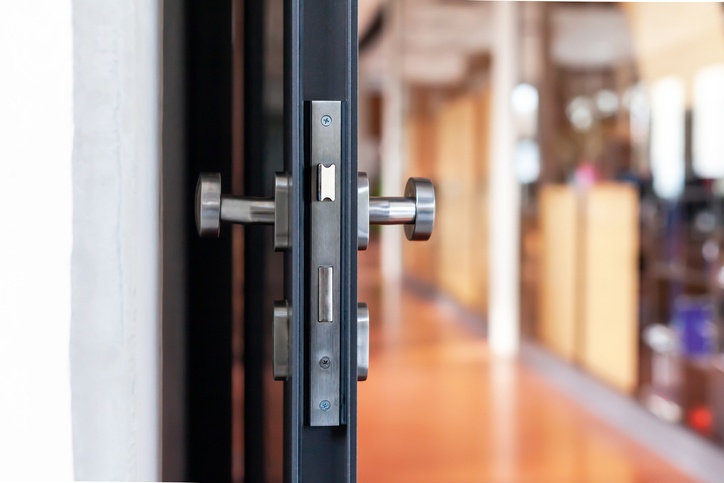
By Eric Spacek
If your church is considering providing sanctuary to some of the immigrants who are entering into our country right now, you’re not alone — many churches and other mission-driven organizations have been pondering that, too.
Here, Eric Spacek, Assistant Vice President — Risk Control with Church Mutual, answers a few of the most commonly asked questions about the potential risk of opening up your building to immigrants.
Q: Will our church face legal action for harboring undocumented immigrants?
A: It’s possible. “Sanctuary” is not a legally recognized term, and so serving as a sanctuary does not provide you with any legal protection. It is important to ensure that anyone who takes up residence at your facility knows they could still be detained or deported. Additionally, staff members or volunteers who help with providing shelter should also be aware of potential legal consequences.
Because the possibility of legal action is so uncertain, you should retain the services of an attorney who is familiar with immigration law.
Q: Do we need a special kind of insurance to provide housing for people at our facility?
A: It’s possible. Some insurance policies exclude coverage for overnight housing at your facility, and some insurance companies might cancel your policy if they learn you have people staying overnight in your building. Make sure you have a clear understanding of your policy’s parameters and how much coverage you have. If an incident occurs while people are staying overnight at your church, it could be an unpleasant surprise to learn you don’t have enough coverage.
Q: Besides legal concerns, what are some of the other risks associated with having people stay in our church building?
A: First, you need to take measures to keep your guests safe. If you don’t have enough space in your building to provide private quarters for everyone, have a staff of volunteers who stays vigilant around the clock. Establish a process for making sure guests, volunteers and staff members do not bring weapons into the building. Provide a locked, secure space for your guests to store their valuables.
You also should have a plan for housekeeping. Even just a few guests can greatly increase your housekeeping needs, so you will want to either extend your custodian’s hours or establish a volunteer team to fill in the gaps. Establish a schedule and stick to it.
Q: Are there local codes or regulations that apply if people stay at our church for an undetermined amount of time?
A: Yes. Fire code, zoning restrictions, and other laws or ordinances in your area might restrict you from housing temporary residents at your facility for an extended time. You will need to thoroughly research what you can and cannot do before allowing anyone to stay in your building.
Q: What kinds of written guidelines should we have in place?
A: You should create guidelines for how you will prevent sexual abuse and respond to it if it occurs, respond to basic medical needs and emergencies, and protect guests from COVID-19. These guidelines will serve as a blueprint for everyone in your church who has contact with the guests or who is performing tasks in connection with them.
 Eric Spacek is Assistant Vice President — Risk Control, at Church Mutual Insurance Company, S.I.
Eric Spacek is Assistant Vice President — Risk Control, at Church Mutual Insurance Company, S.I.


